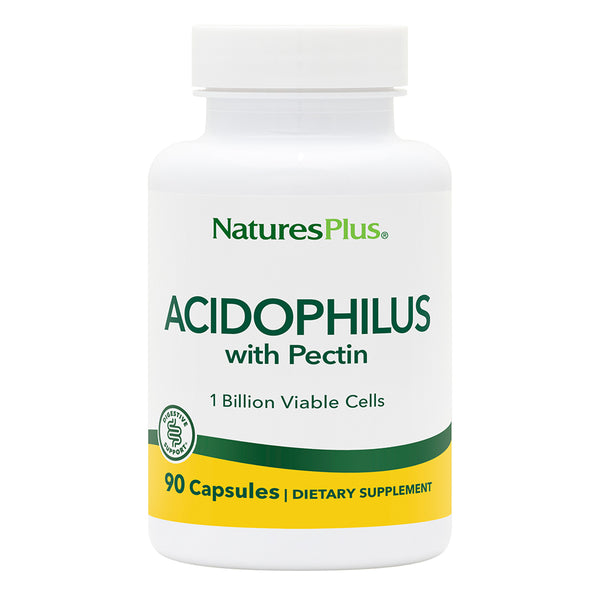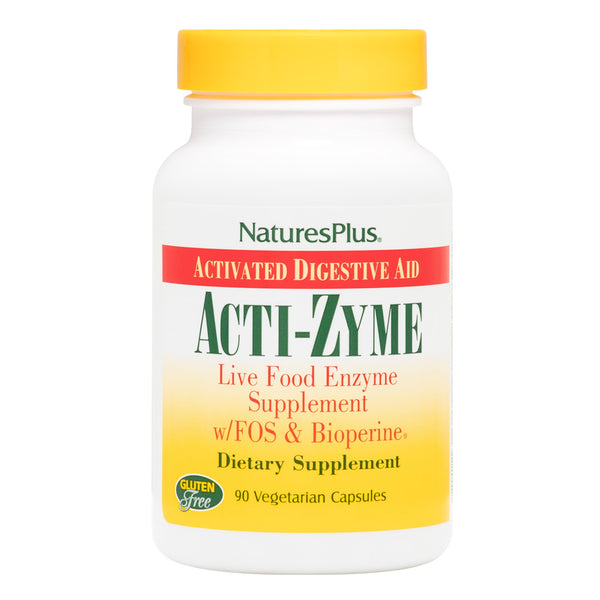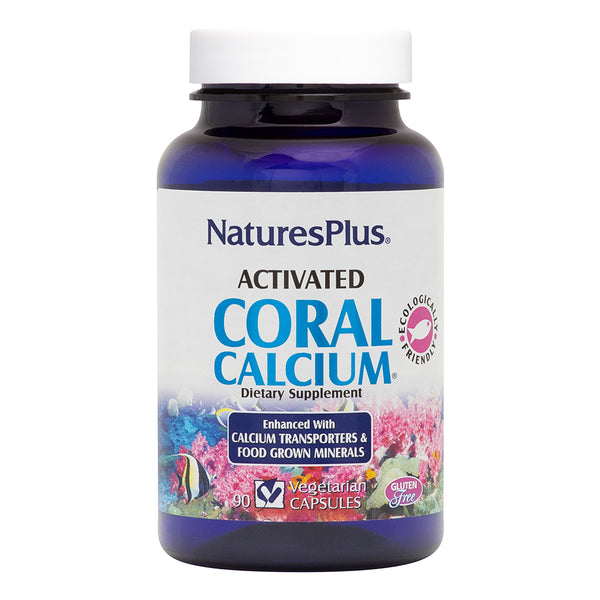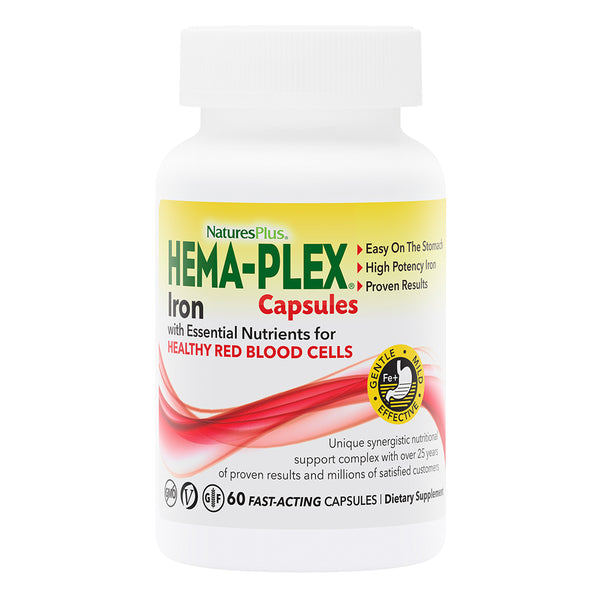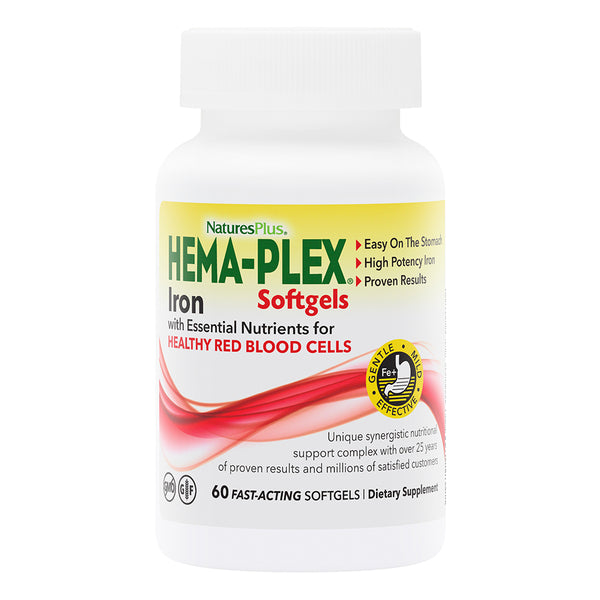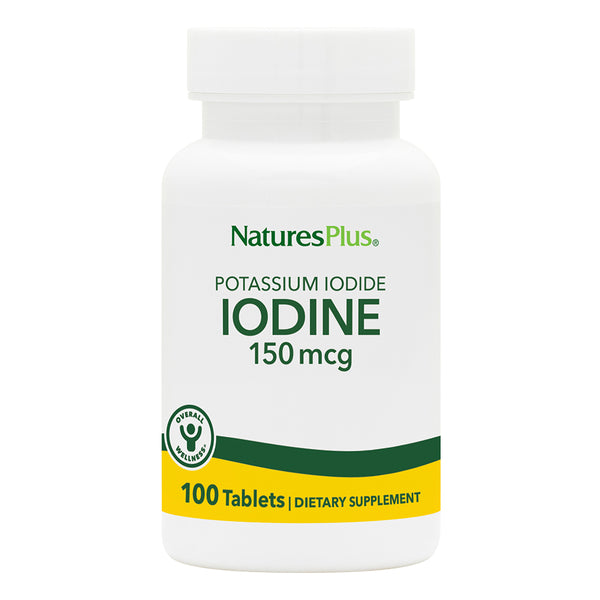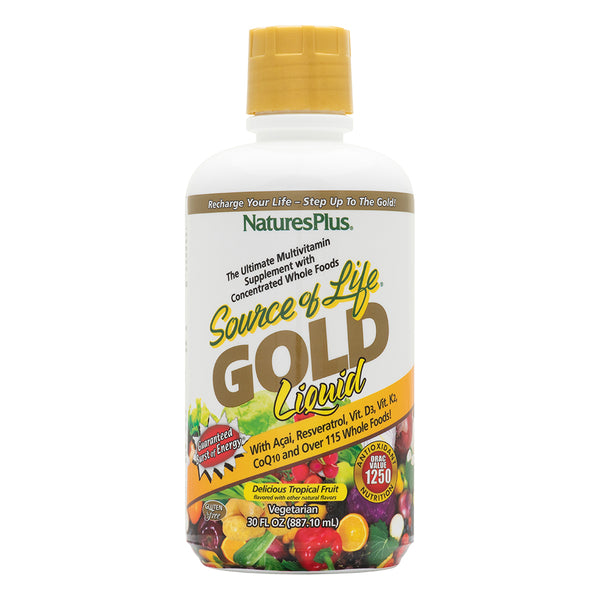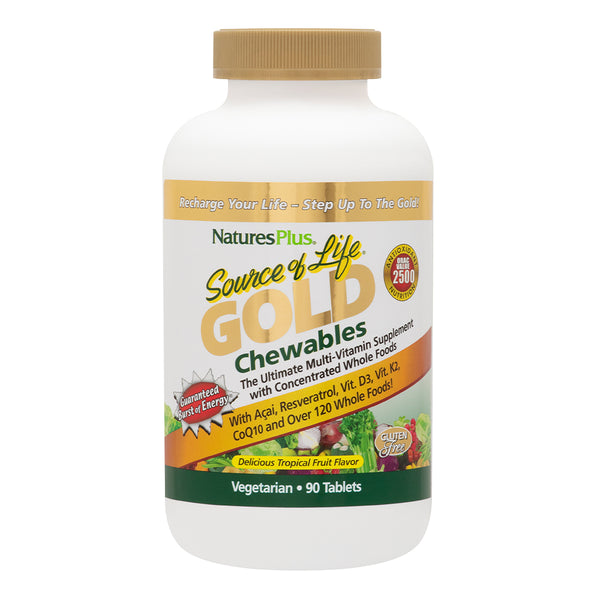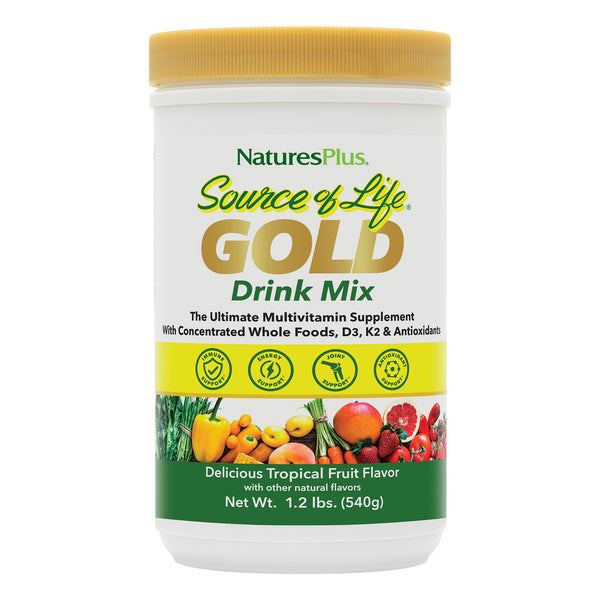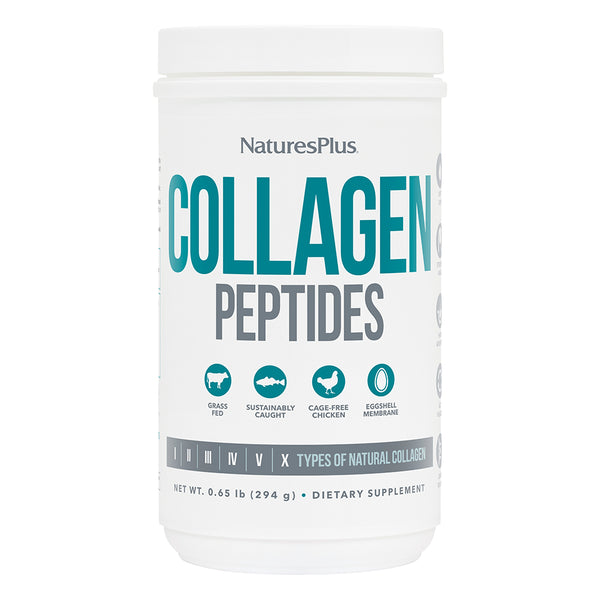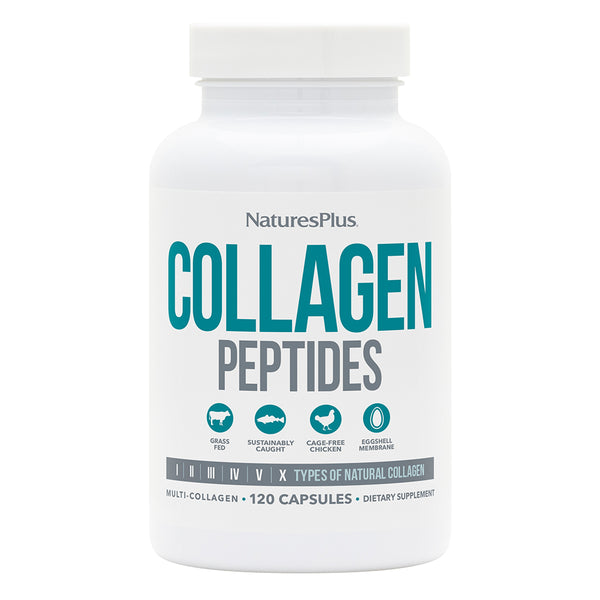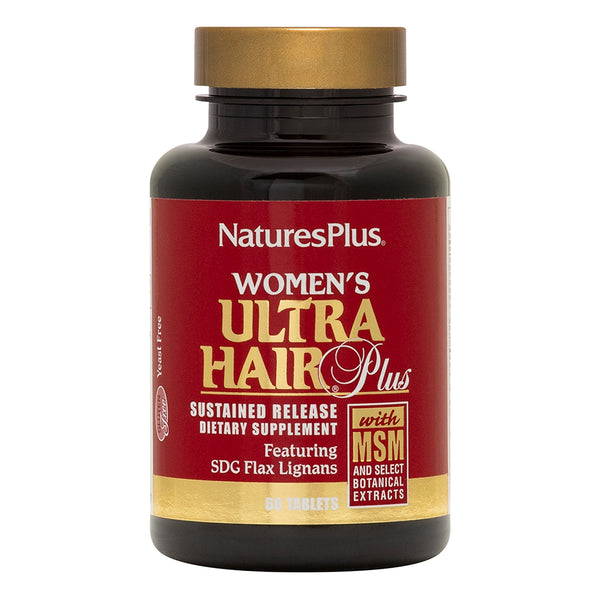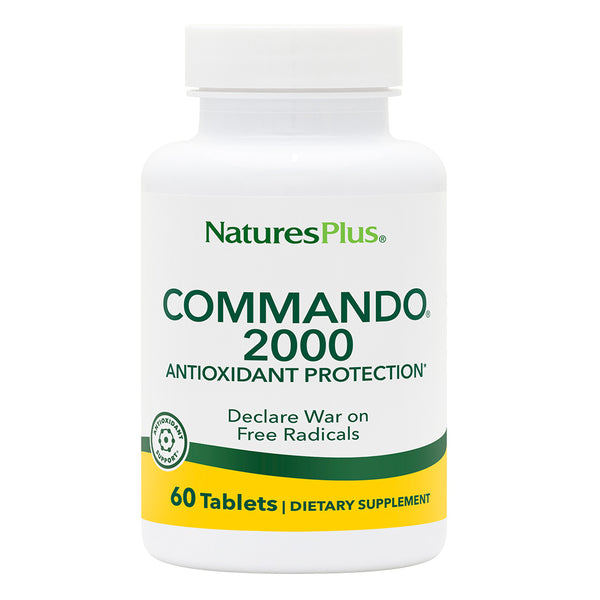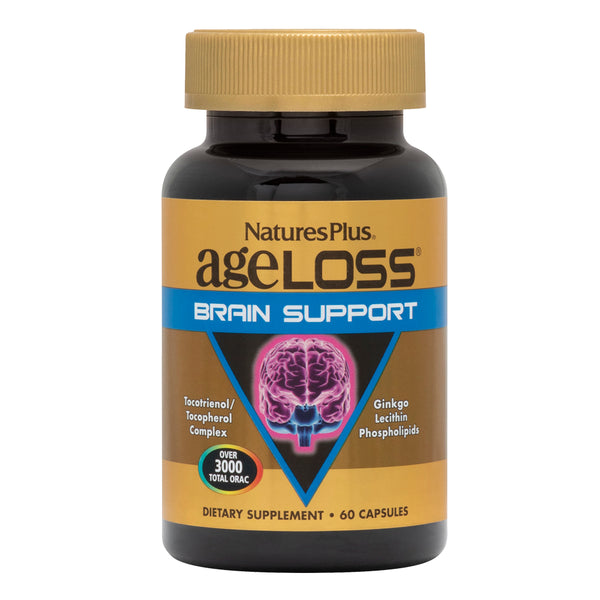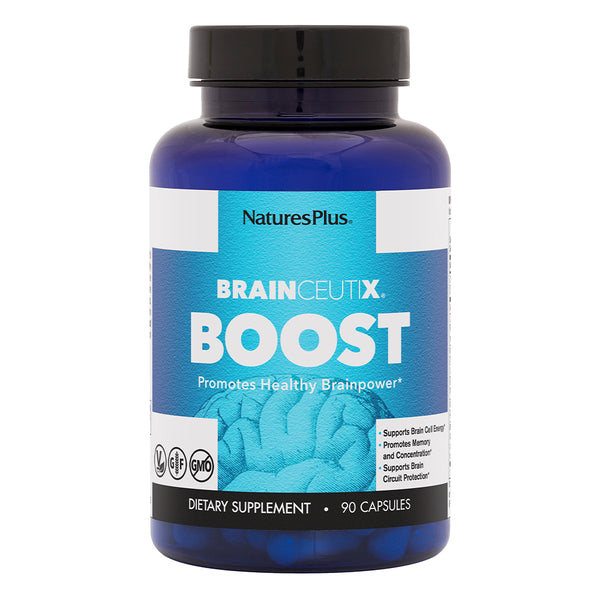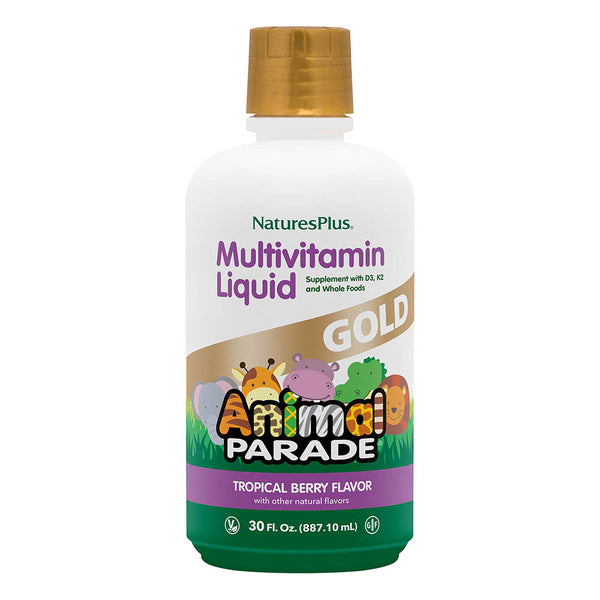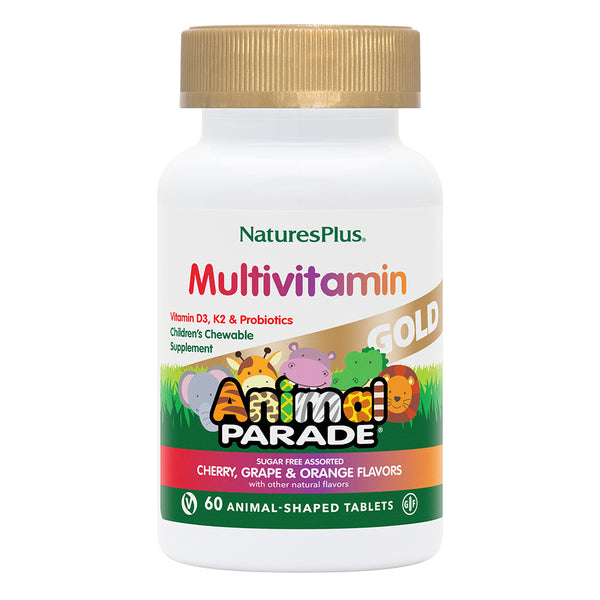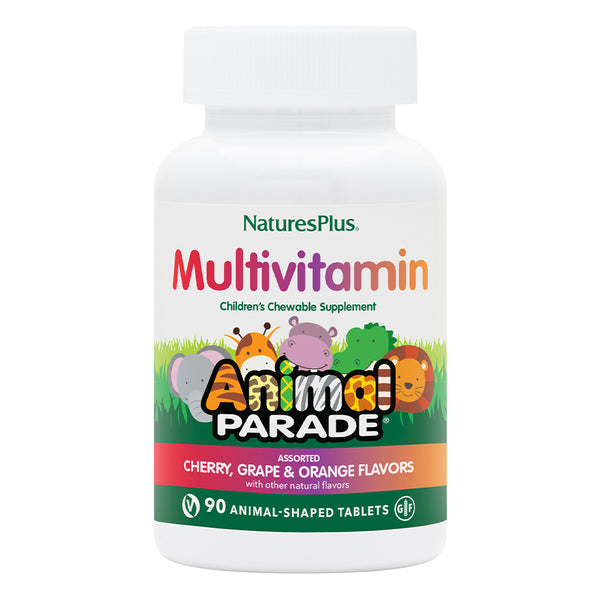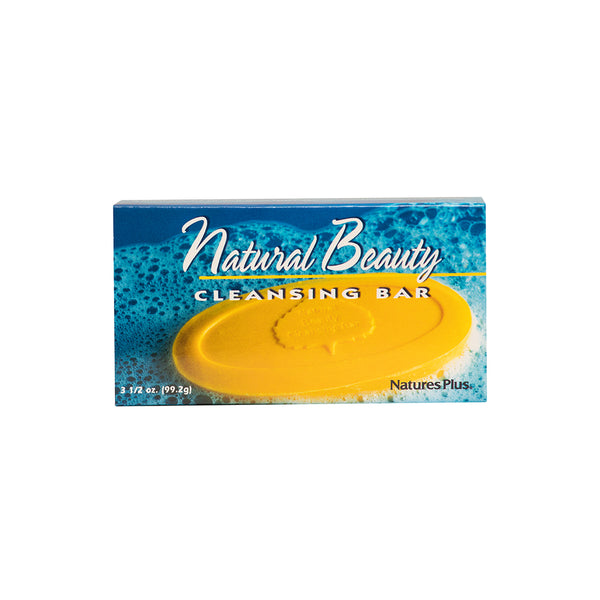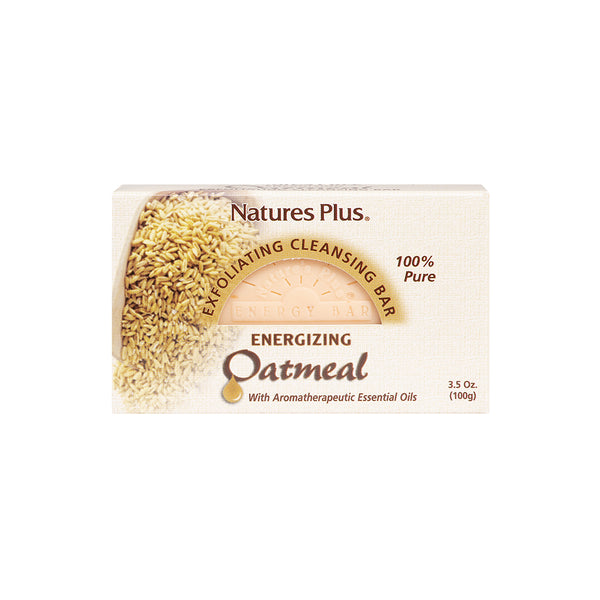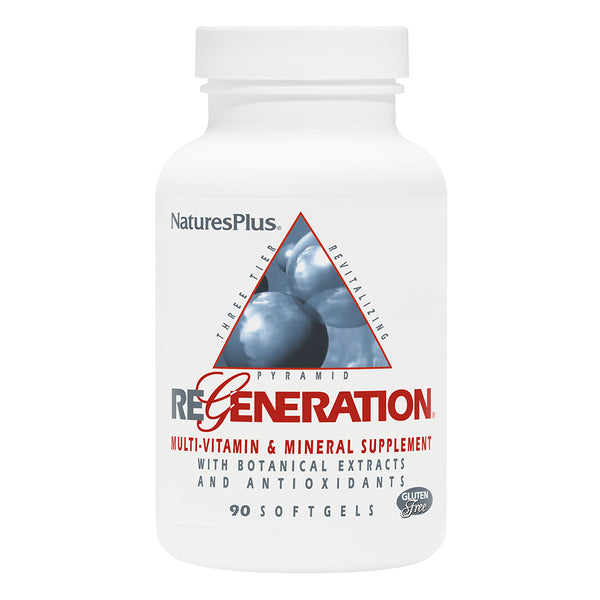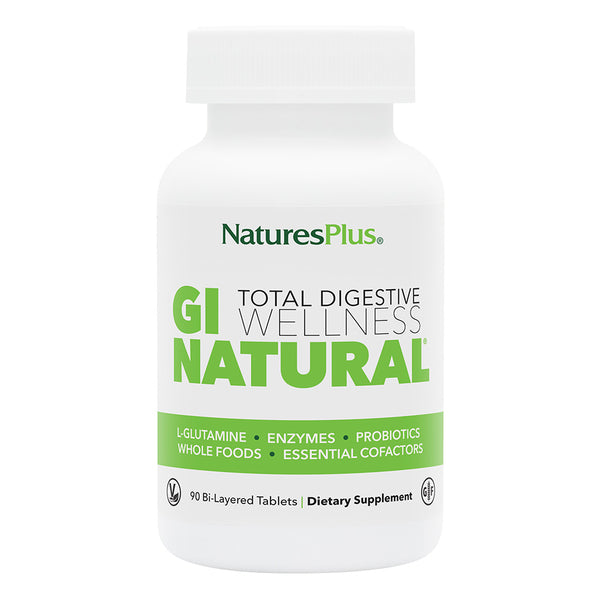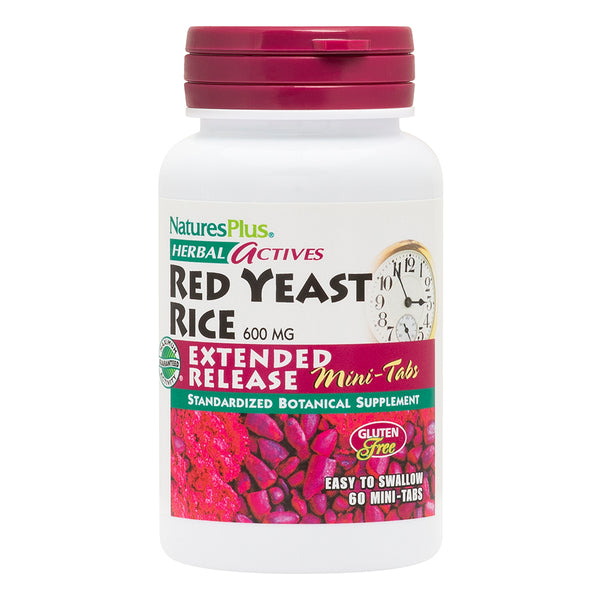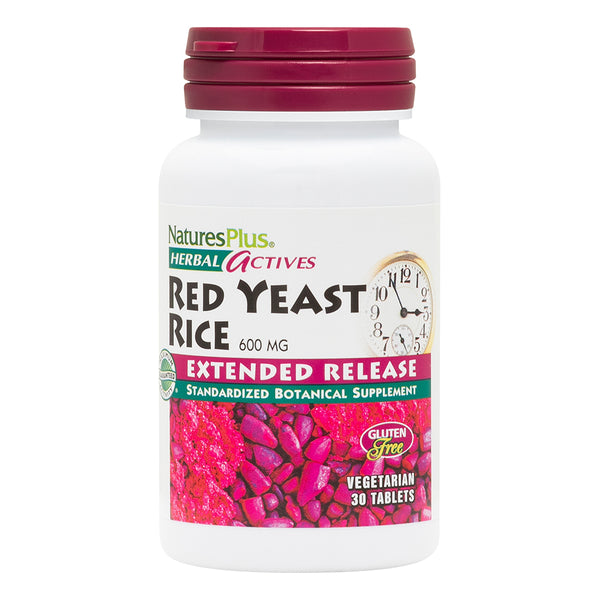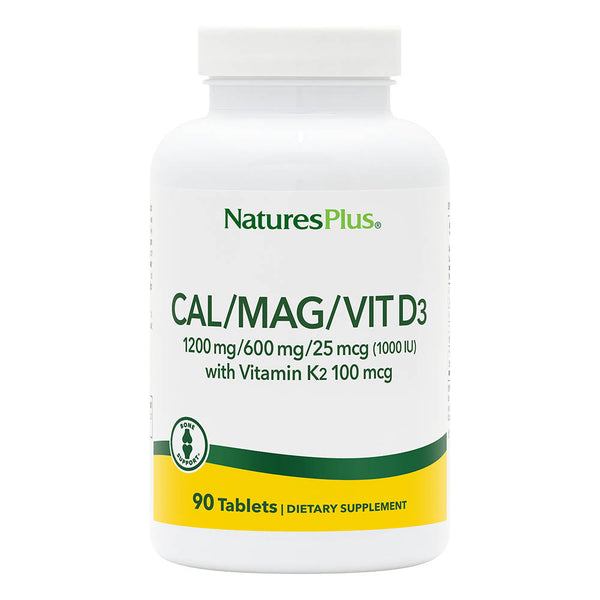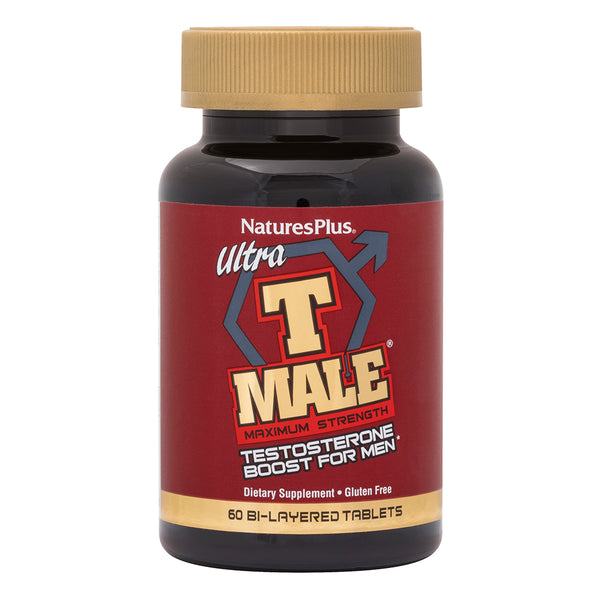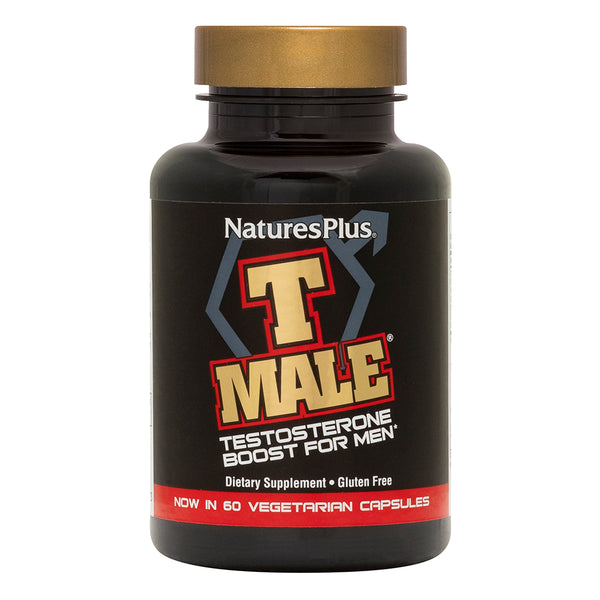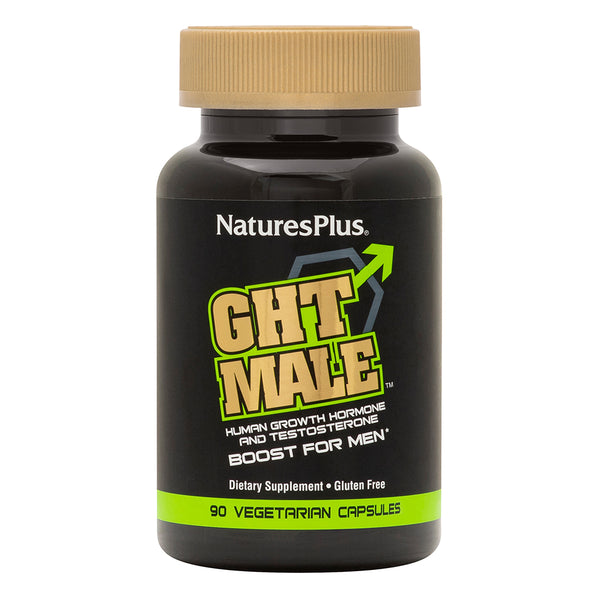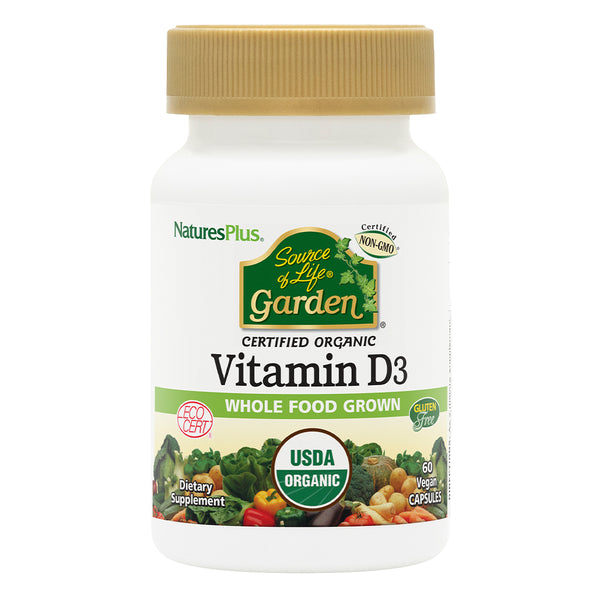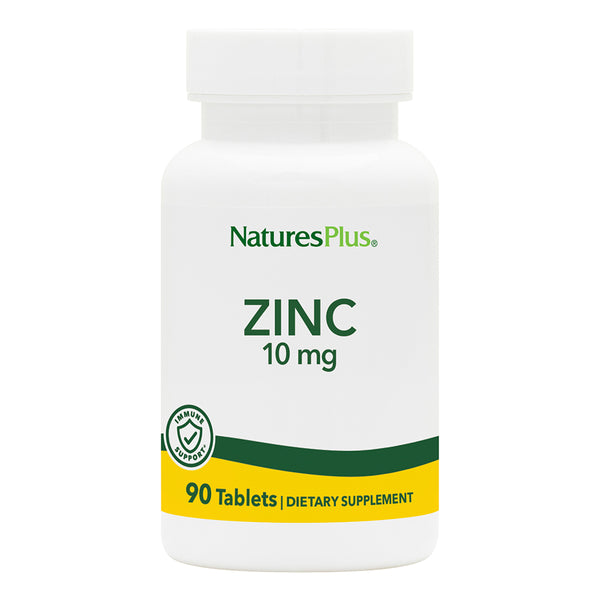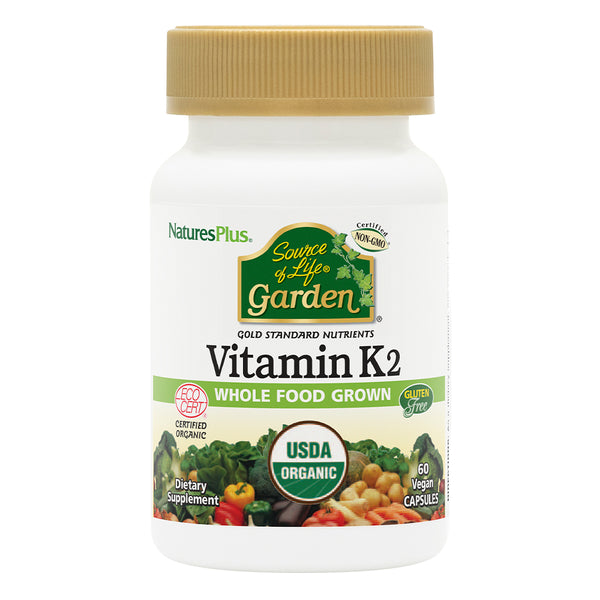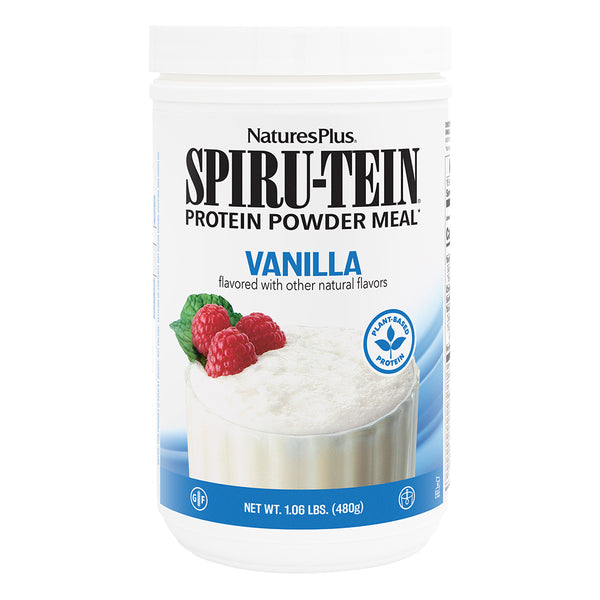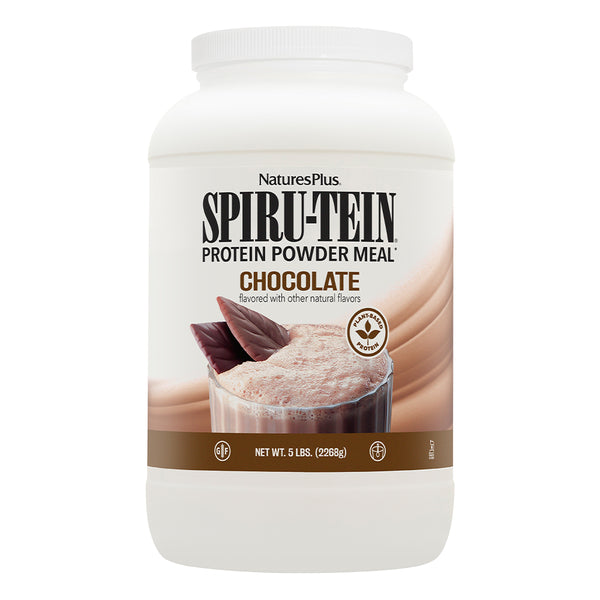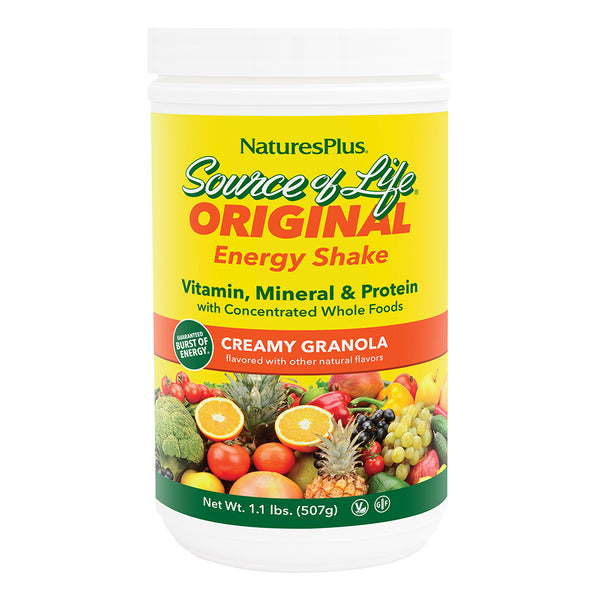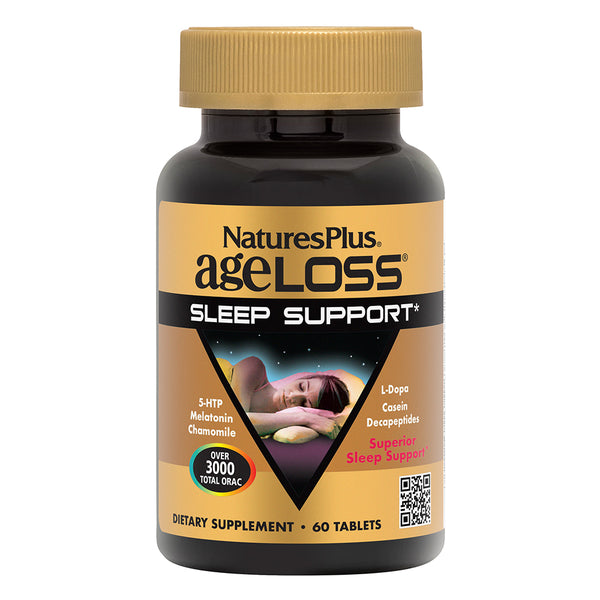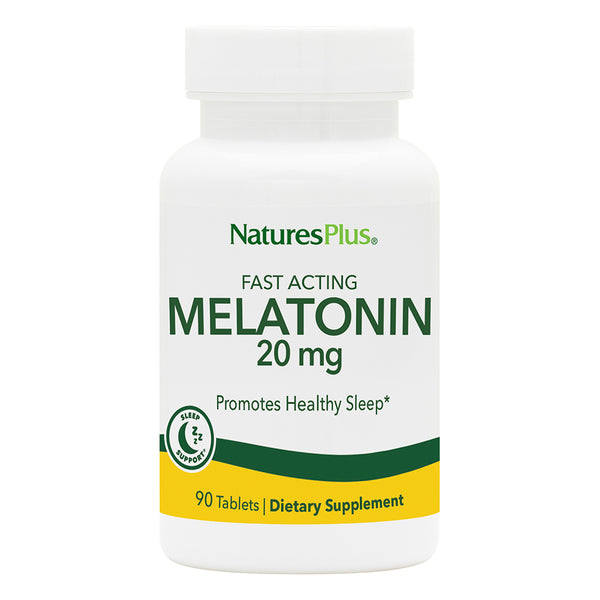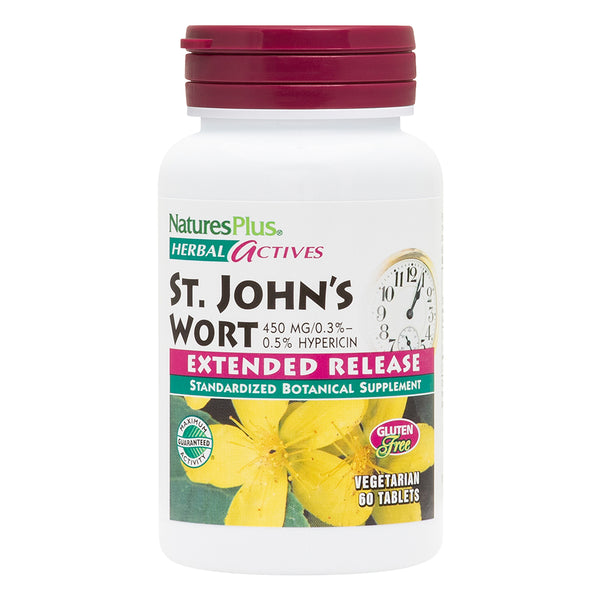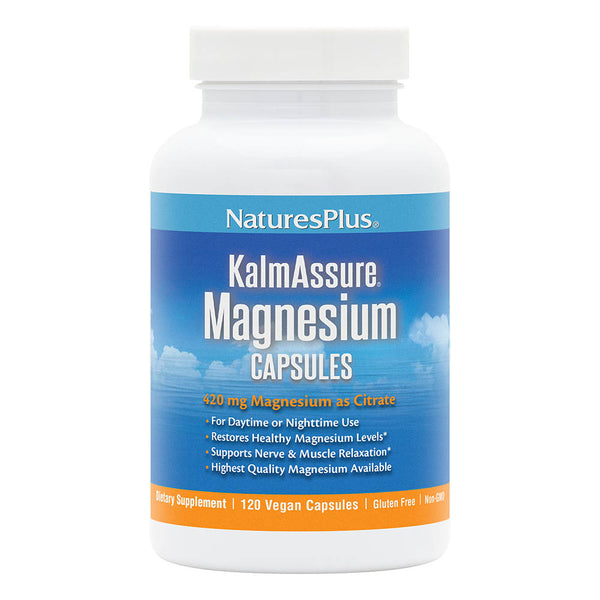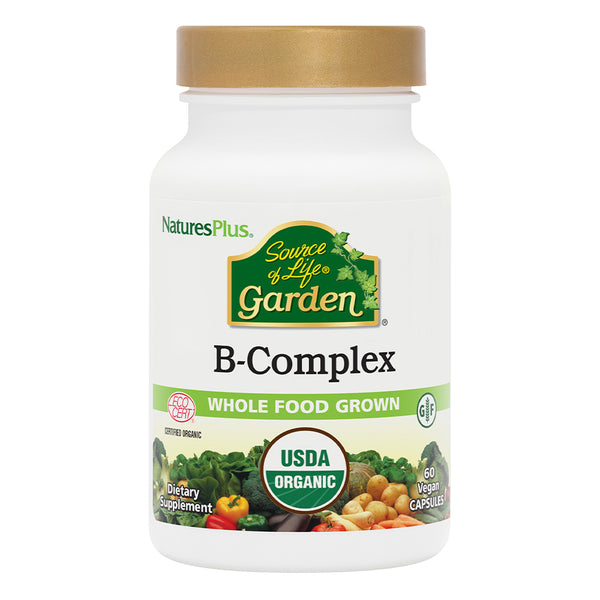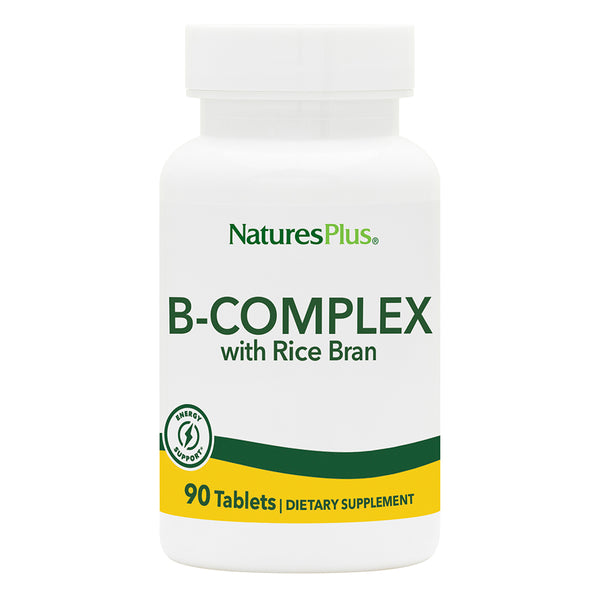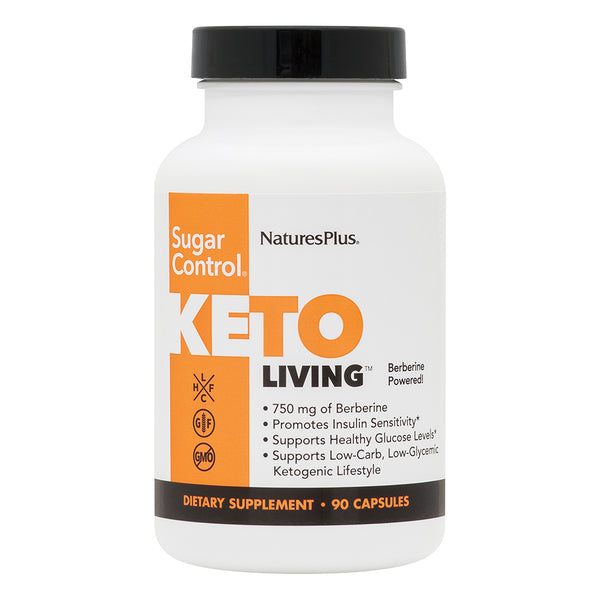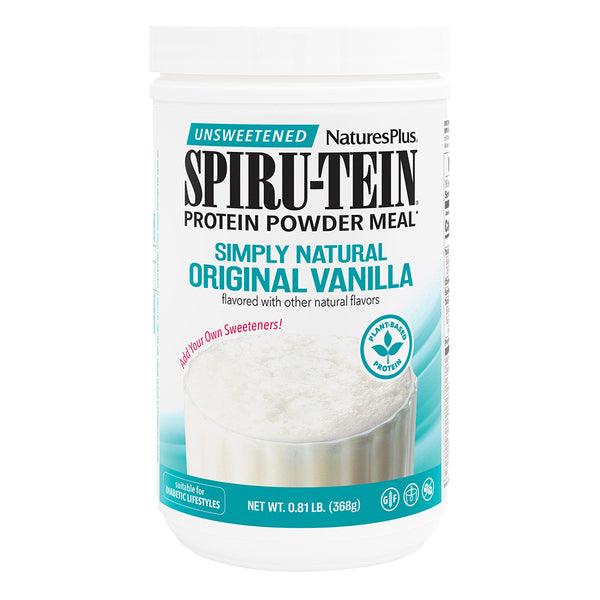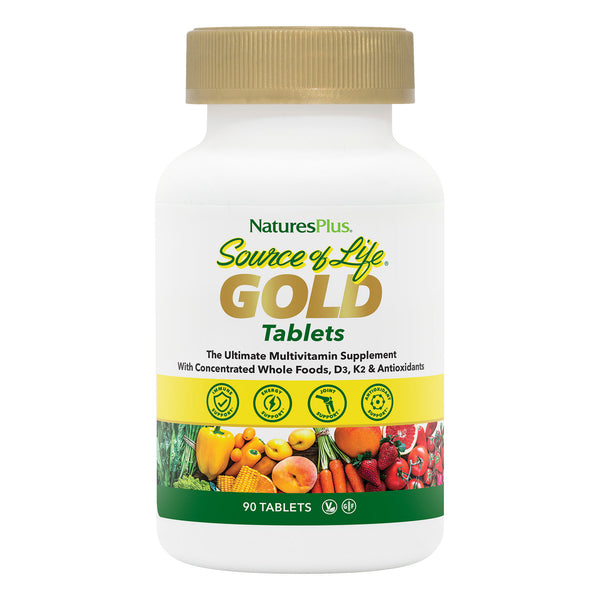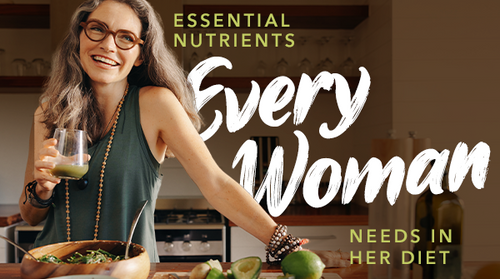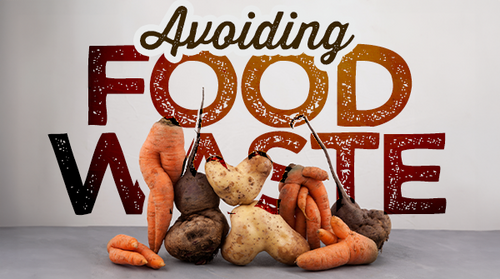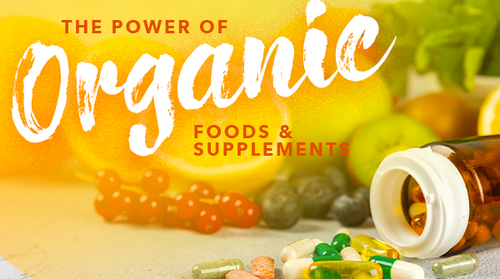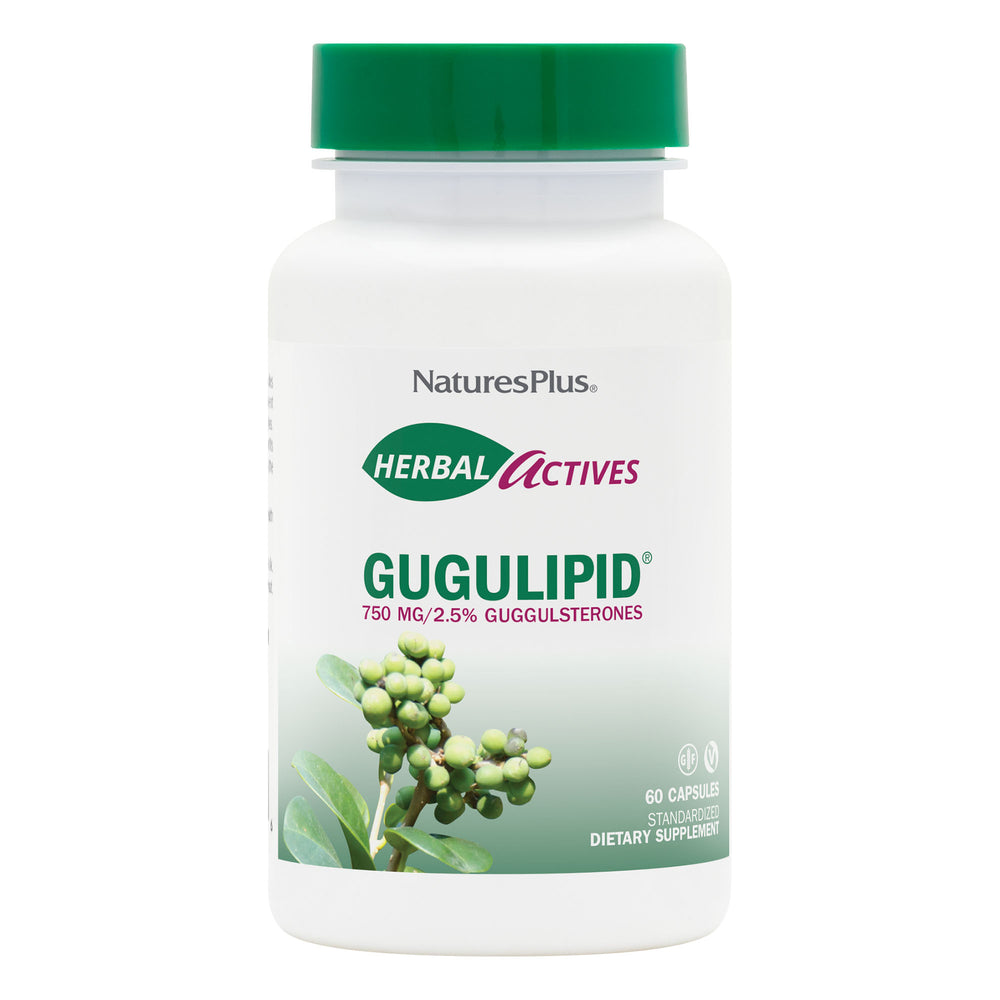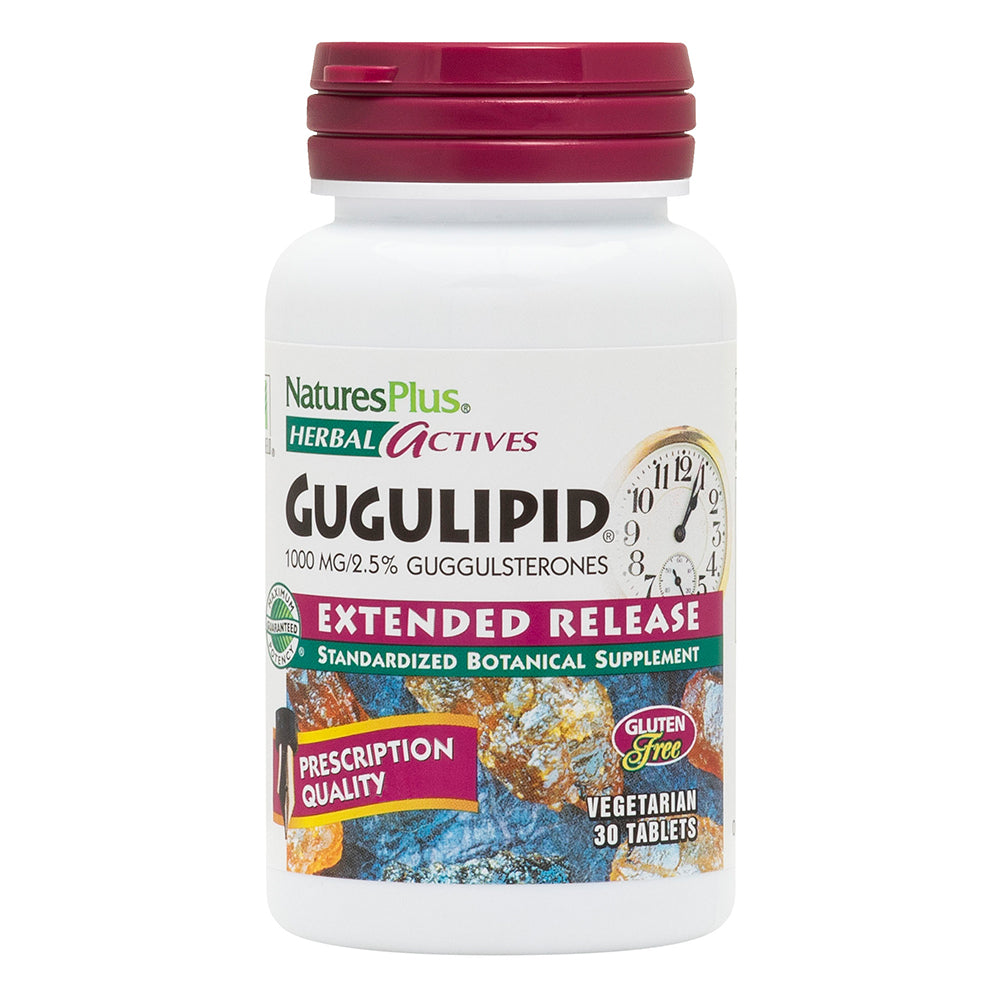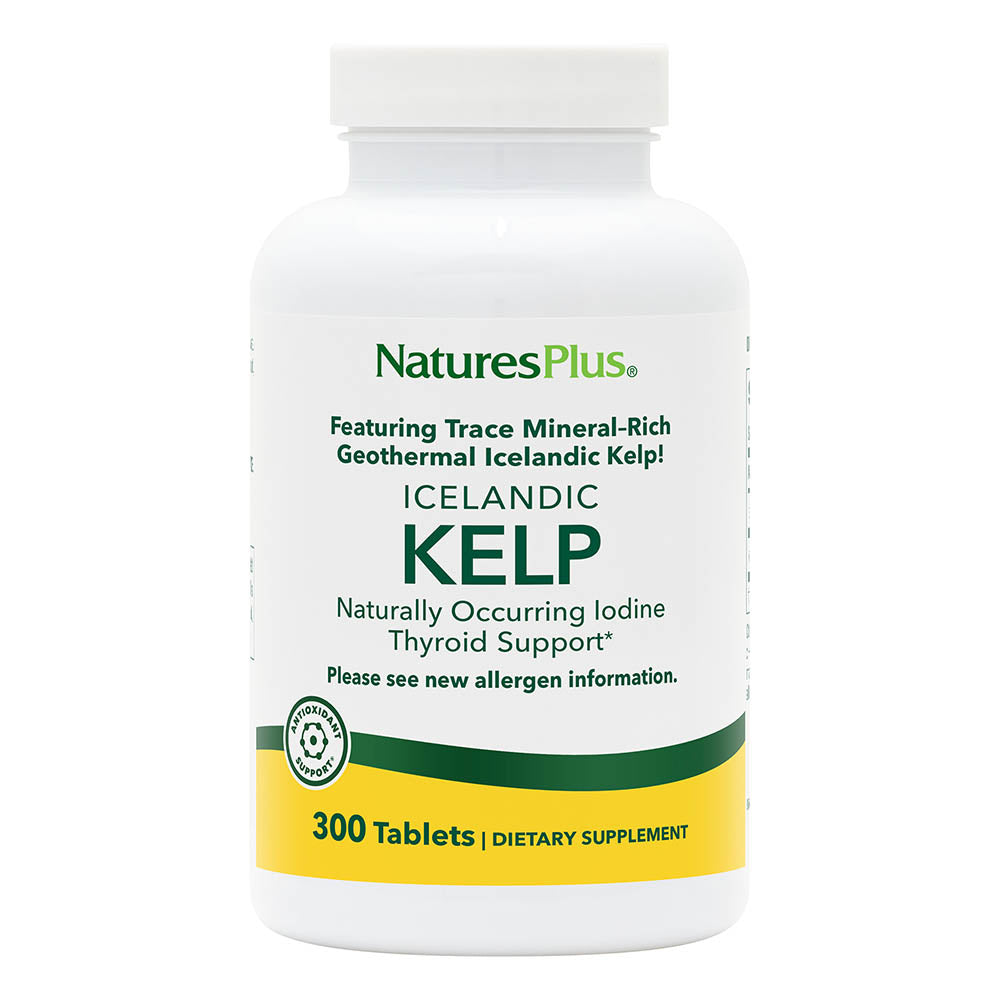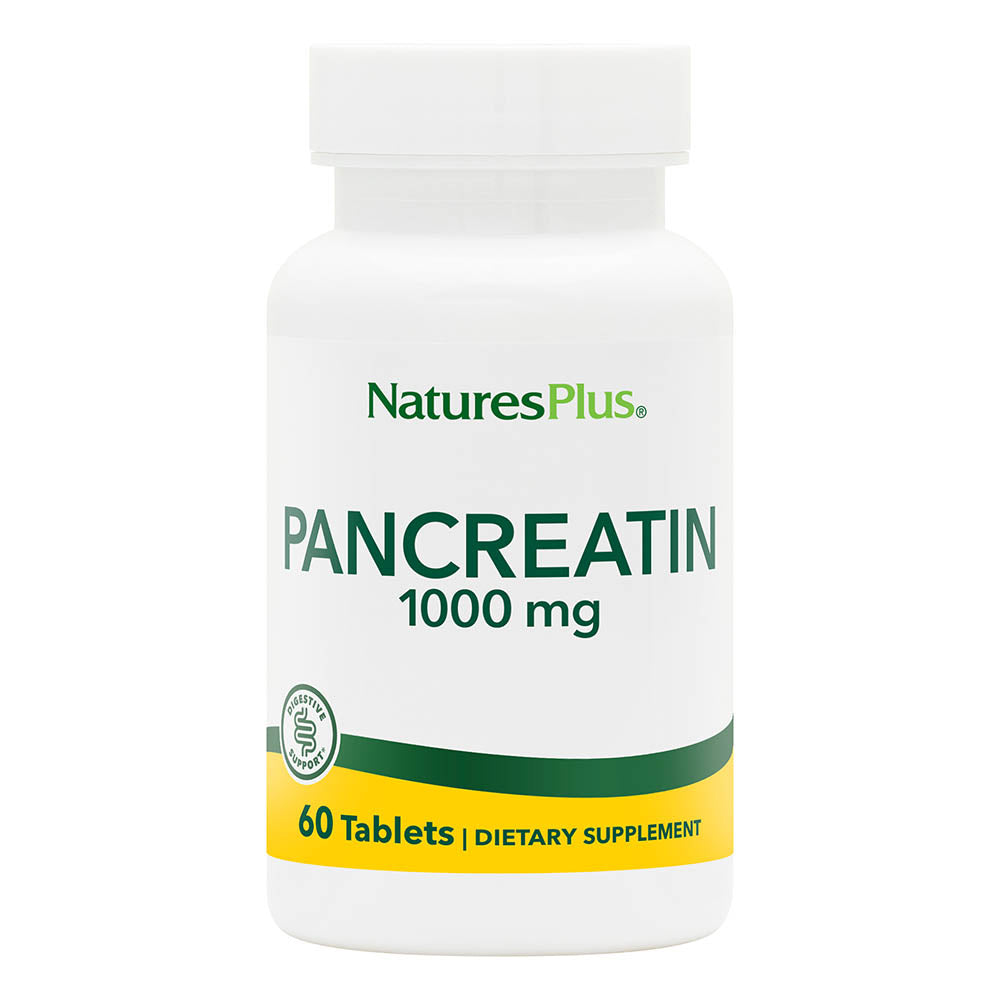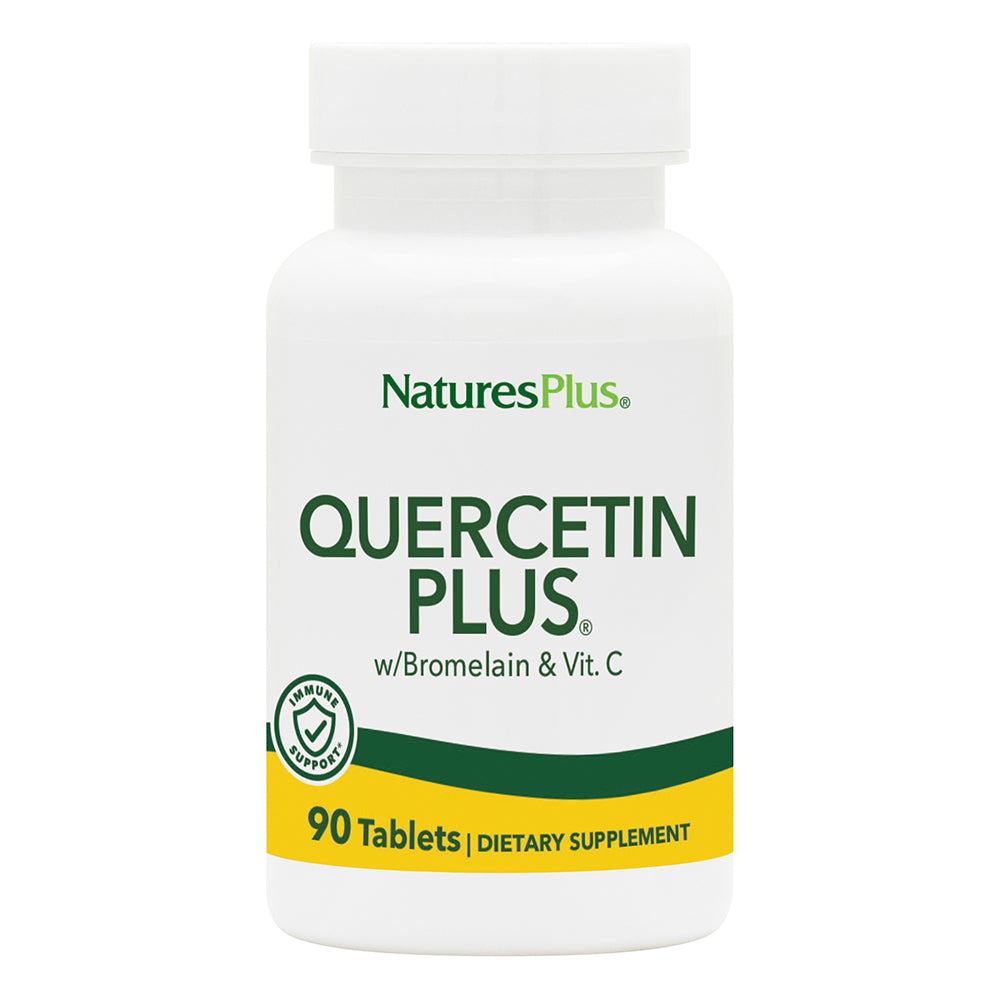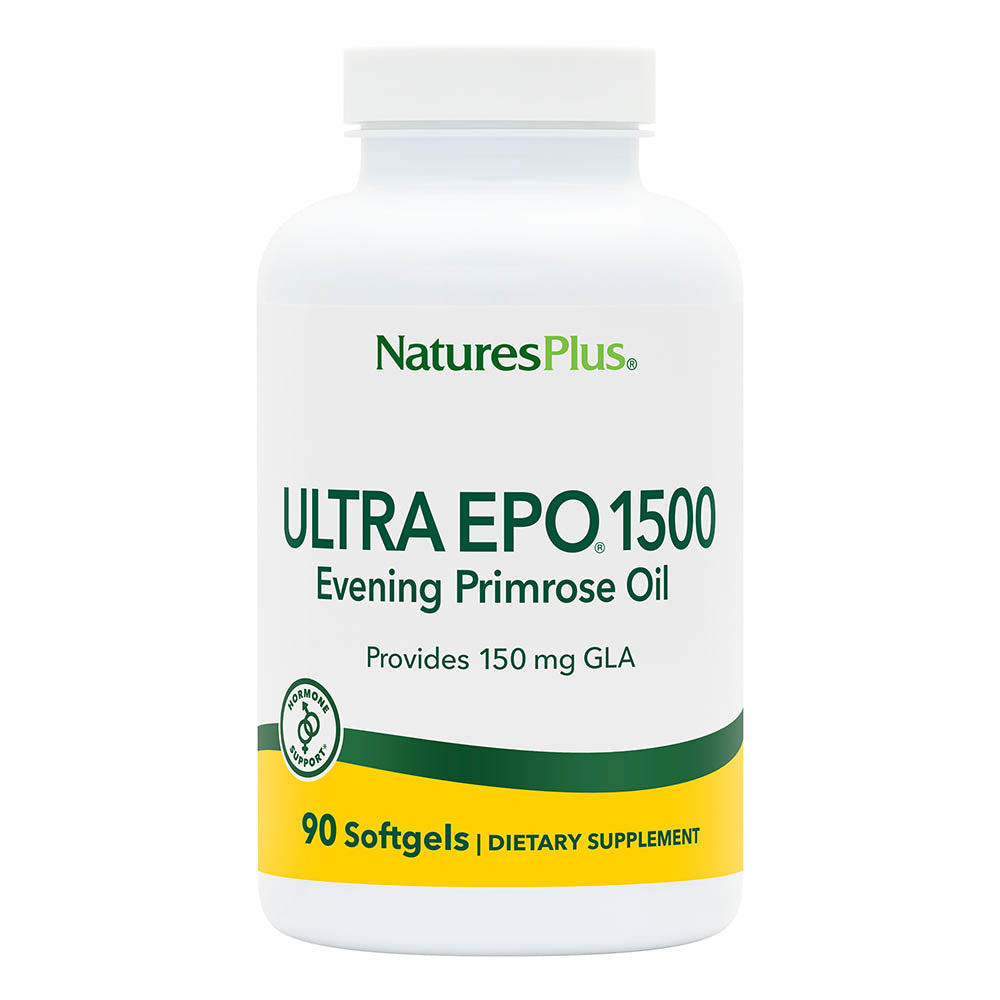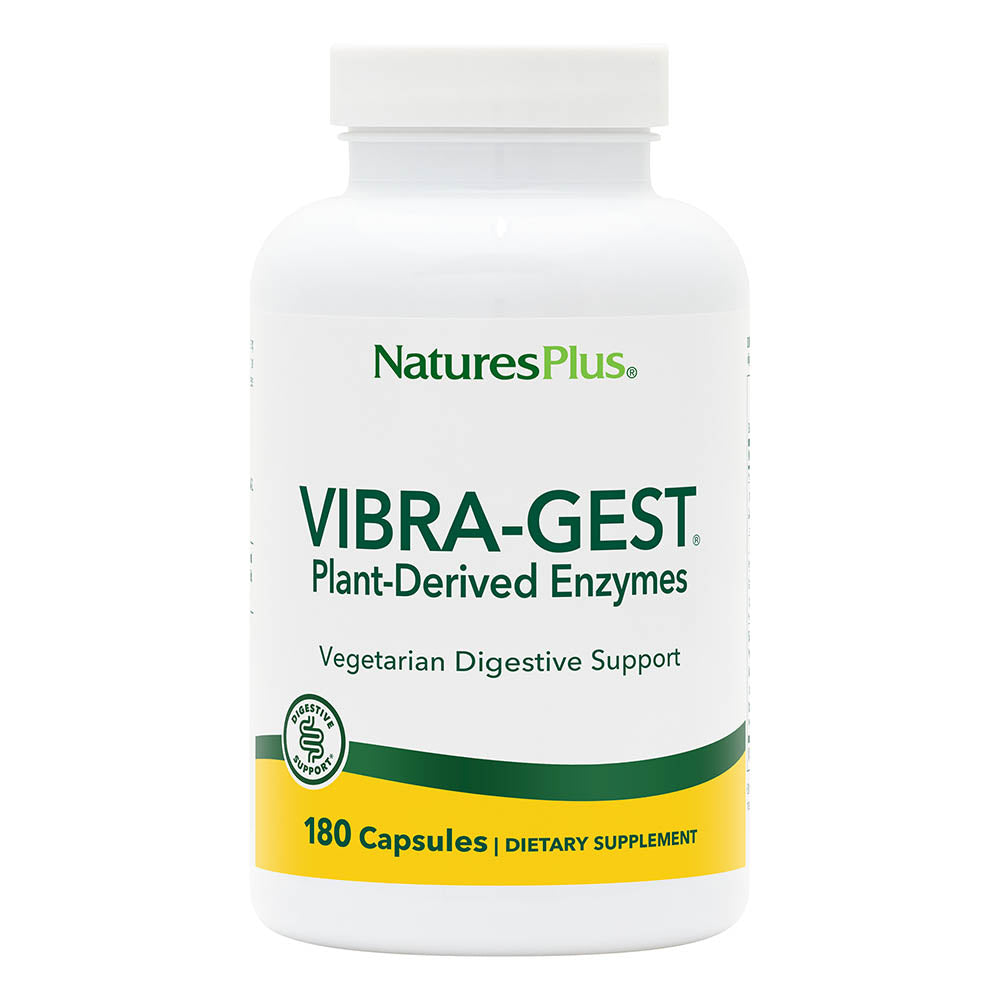Once upon a time, all food was “organic.” Farmers used natural means to enrich the soil, control weeds and eliminate pests because there were no other options.
That was true until the middle of the 20th century. That's when “agriculture” became “agribusiness,” employing chemical-based fertilizers, pesticides and herbicides to increase yields.
We've now come full circle. Driven by concerns about sustainability and toxin exposure, organic food is a growing market segment. According to the Organic Trade Association, organic food sales rose from $3.4 billion to more than $45 billion in a decade—an increase the group says has been fostered by the USDA Organic program.
What’s more, eating clean is eating foods that are good for your body. A clean diet includes whole foods, including fresh fruits and vegetables. It does not include processed foods, foods high in sugar, foods high in fat and alcohol. A clean diet does not contain foods with toxins or unhealthy ingredients, which can lead to you to feeling tired or bloated throughout the day.
What is Organic Farming?
Organic farming's main efforts lie in building healthier soil and using natural methods to control plants and animals you don't want. That means, for example, employing compost and green manure—crops that are tilled directly into the soil—to increase fertility and planting different kinds of crops together to increase the number of pest-consuming insects.
A key reason people buy organic is to avoid the residues often left on conventionally farmed food. It's not just pesticides on plants, either.
For example, evidence suggests that the digestive systems of cows fed grain, instead of the grass these animals were designed to eat, may harbor harmful strains of E. coli, which can enter the human food supply during the butchering process.†The information provided is not an endorsement of any product, and is intended for educational purposes only. NaturesPlus does not provide medical advice and does not offer diagnosis of any conditions. Current research on this topic is not conclusive and further research may be needed in order to prove the benefits described. The conditions and symptoms described may be indicative of serious health problems, and therefore should be brought to the attention of a qualified healthcare practitioner.
What's more, going organic may help the environment. According to one study, organically farmed soil has a greater potential for long-term storage of carbon—a key factor in reducing greenhouse gas emissions.†The information provided is not an endorsement of any product, and is intended for educational purposes only. NaturesPlus does not provide medical advice and does not offer diagnosis of any conditions. Current research on this topic is not conclusive and further research may be needed in order to prove the benefits described. The conditions and symptoms described may be indicative of serious health problems, and therefore should be brought to the attention of a qualified healthcare practitioner.
The Power of Eating Organic
Just as important as what you don't get in organic food is what you do get—more nutrition. “Conventional farming practices can damage the production of the vitamins, minerals, proteins and phytonutrients in fruits and vegetables,” says the Rodale Institute.†The information provided is not an endorsement of any product, and is intended for educational purposes only. NaturesPlus does not provide medical advice and does not offer diagnosis of any conditions. Current research on this topic is not conclusive and further research may be needed in order to prove the benefits described. The conditions and symptoms described may be indicative of serious health problems, and therefore should be brought to the attention of a qualified healthcare practitioner.
The Mayo Clinic concurs, stating, “Studies have shown small to moderate increases in some nutrients in organic produce.” In addition, feeding cattle and other livestock grass instead of grain increases levels of healthful omega-3 fatty acids.†The information provided is not an endorsement of any product, and is intended for educational purposes only. NaturesPlus does not provide medical advice and does not offer diagnosis of any conditions. Current research on this topic is not conclusive and further research may be needed in order to prove the benefits described. The conditions and symptoms described may be indicative of serious health problems, and therefore should be brought to the attention of a qualified healthcare practitioner.
To find organic food, look for the green-and-white USDA Organic label; products containing multiple foods can use the label if at least 95% of the ingredients are organic. If at least 70% of the ingredients qualify, the product can be labeled “made with organic” but can't carry the USDA seal.
What Do You Eat On a Clean Diet?
- Fruits and vegetables
- Grain bread
- Whole foods
- Make colorful salads with at least three different vegetables
- Add berries, apples, or oranges to your favorite dishes
What Foods Should You Avoid on a Clean Diet?
- Processed foods
- Refined carbs
- Trans fats
- Vegetable oils and spreads
- Added sugars
- Alcohol
- Packaged foods
- Unethically raised animals
- Fatty foods
- Foods high in salt
Commonly Asked Questions About Clean Eating
Should You Cook Your Own Food or Buy Food Outside for Clean Eating?
When you cook your own food, you know exactly what you are eating. You have complete control over the contents of your meals, so you know you are eating healthy foods. Putting together a meal plan is a great way to be sure you are consuming a clean diet. Typically, restaurant food and pre-made meals are packed with salt and butter to improve the flavor. When you cook for yourself, you can control your salt and butter intake for healthy eating.
Should People Learn to Read the Nutrition Labels on Food Packaging?
Yes, always read the nutrition labels. Learning to read nutrition labels is easy. Look for labels with minimal ingredients. You also want to avoid ingredients with words like "modified" or "hydrolyzed." Ingredients like whole grains and whole wheat are a healthier alternative. Also look at calories, sugars, and fats. The lower these numbers, the healthier the food.
What Are Some Easy Beginner-Friendly Meals People Can Try Out When Starting to Eat Clean?
Salads are a great starting point for those who want to adapt a clean eating lifestyle. Salads are easy to create, customize and meal prep. When making a salad, start with your favorite leafy green. Then, add at least three vegetables. You can also add fruit if you want something refreshing and sweet. When picking a salad dressing, opt for something that isn't heavy in fat and oil. The lighter a salad dressing, the more healthy your meal will be.
How Do You Prevent Burning Out and Feeling Overwhelmed When Eating Clean?
When eating clean, it's easy to feel burned out or overwhelmed, especially if you are trying to quit your favorite unhealthy foods cold turkey. It's OK to cheat on your healthy diet every once in a while. If you are craving an unhealthy food, you can give into your craving in order to relieve stress and make the healthy eating process easier to transition into. The more you eat healthy, the less often you will crave unhealthy foods. As long as you continue your positive habits, you can treat yourself to an unhealthy food every once in a while.
Can You Lose Weight by Eating Clean?
This depends on your current weight and diet. Those who are overweight because of an unhealthy diet can experience weight loss when switching to healthier foods and exercising. However, those who are at the average weight for their height may find that their healthy diet is helping them bulk up at the gym and gain muscle weight. If you are working out and eating clean, you can achieve a healthier body and mind.†The information provided is not an endorsement of any product, and is intended for educational purposes only. NaturesPlus does not provide medical advice and does not offer diagnosis of any conditions. Current research on this topic is not conclusive and further research may be needed in order to prove the benefits described. The conditions and symptoms described may be indicative of serious health problems, and therefore should be brought to the attention of a qualified healthcare practitioner.
†The information provided is not an endorsement of any product, and is intended for educational purposes only. NaturesPlus does not provide medical advice and does not offer diagnosis of any conditions. Current research on this topic is not conclusive and further research may be needed in order to prove the benefits described. The conditions and symptoms described may be indicative of serious health problems, and therefore should be brought to the attention of a qualified healthcare practitioner.The information provided is not an endorsement of any product, and is intended for educational purposes only. NaturesPlus does not provide medical advice and does not offer diagnosis of any conditions. Current research on this topic is not conclusive and further research may be needed in order to prove the benefits described.
The conditions and symptoms described may be indicative of serious health problems, and therefore should be brought to the attention of a qualified healthcare practitioner.
Like this article? You’ll love our weekly newsletter
sign up here!
**These statements have not been evaluated by the Food and Drug Administration. This product is not intended to diagnose, treat, cure or prevent any disease.
